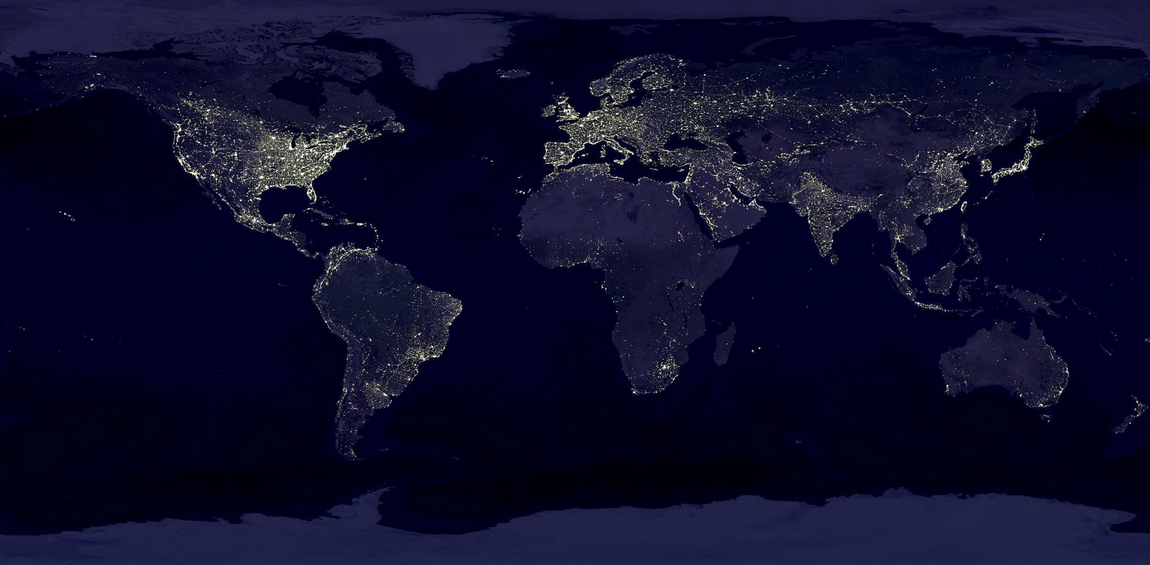Steven Nock (credentials)
Steven Nock was a professor of sociology whose research and writings centered around the role of family and marriage in society.
While not necessarily included in the canon of academic surveillance studies, in his article “Too Much Privacy?” in the Journal of Family Issues, Nock presents a compelling and somewhat counterintuitive take on surveillance. He asserts that, contrary to common thought, “Americans enjoy more privacy today than their ancestors did” and surveillance is the price we pay for that privacy. The increased privacy he refers to is modern living arrangements that are separate and distant from immediate oversight by family and local community. Nock views the increased privacy of these living arrangements as an obstacle to establishing trust and reputations, something which used to be determined by more direct interpersonal observation and tracked by family name. Nock posits that “credentials” are used in modern society to overcome this obstacle. Examples of credentials given by Nock would be credit cards, driver’s licenses, and educational or professional degrees. Surveillance, used to establish, maintain, and apply credentials, verifies that an individual can be trusted in a particular capacity, and so, according to Nock, it has replaced interpersonal observation as a modern means of establishing trust.
Nock relies on a particular understanding of privacy to establish his theory; he is candidly dismissive of modern privacy concerns about the availability and dispersal of personal information in order to make the claim that “Americans enjoy more privacy today than their ancestors did.” He writes, “the distribution or sharing of information that individuals have voluntarily provided is not a violation of privacy unless it is done without permission.”
Nock’s theory has been criticized by Torin Monahan.
Torin Monahan
Torin Monahan is a Professor of Communication at The University of North Carolina at Chapel Hill, multidisciplinary scholar, and often cited name in the academic field of surveillance studies.
In his book Surveillance and Security: Technological Politics and Power in Everyday Life, Monahan critiques Steven Nock’s formulation of surveillance and privacy in discussion of the downsides to the common perception of technology as something separate from society. He writes, “In Nock’s formulation, surveillance technologies simply automate social control functions that existed previously, without any other meaningful changes in social relations. Moreover, as rational actors, each of us has evaluated the options and voluntarily chosen to participate in new surveillance regimes, seemingly without any coercion or without any sanctions if we had (somehow) chosen to opt out instead. This view of surveillance … implies that individuals have total control and intentionality with technology use. It perceives all people as equal rational actors, without any power asymmetries, and intimates that social relations or spaces cannot be altered unintentionally.”
Ethnographic data
Qualitative data obtained through observation, interaction, and participation that describes a particular culture, society, or community from the perspective of its constituents.
Michel Foucault (docile bodies)
Michel Foucault was a French philosopher and social theorist whose work is often cited in the field of surveillance studies.
In his 1975 work Discipline and Punish (French: Surveiller et punir), Foucault posits that the use of surveillance as disciplinary power has become pervasive in modern society; fear of being seen doing wrong has replaced the threat of being physically punished as the primary mode of social control. Foucault observes that the institutional surveillance or disciplinary power under which modern individuals find themselves is so constant and seemingly omnipresent that individuals internalize the surveillance and begin to discipline themselves–they become “docile bodies” primed for direction and utility as productive, conforming members of society.
David Lyon (culture of surveillance)
David Lyon is a Professor of Sociology and director of the Surveillance Studies Centre, a surveillance-oriented, multi-disciplinary, and international research center at Queen’s University.
In his book Surveillance Studies: An Overview, Lyon defines surveillance as “the focused, systematic and routine attention to personal details for purposes of influence, management, protection or direction.”
In The Culture of Surveillance: Watching As a Way of Life, Lyon describes the “culture of surveillance” as “the sorts of things that an anthropologist might study – customs, habits and ways of looking at and interpreting the world. The focus is on surveillance in everyday life rather than, primarily, in the octopus tentacles of global intelligence and policing networks or the subtle and seductive sirens of corporate marketing. … The culture of surveillance is about how surveillance is imagined and experienced, and about how mundane activities of walking down a street, driving a car, checking for messages, buying in stores or listening to music are affected by and affect surveillance. And about how surveillance is also initiated and engaged by those who have become familiar with and even inured to surveillance.”
#covidiot
A trending hashtag and term that has been used to single out, classify, and shame individuals who are deemed to be acting ignorantly or irresponsibly with regards to scientific and professional advice on proper public health practices and social distancing guidelines during the COVID-19 pandemic.




